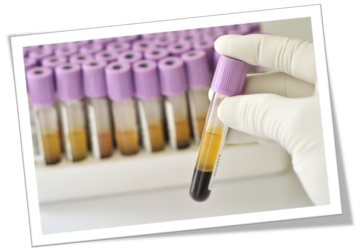Doctors positive about early detection blood test
A blood test for 10 different types of cancer has been hailed the ‘holy grail of cancer research’. The test, called a liquid biopsy, screens for cancer by detecting tiny bits of DNA released by cancer cells into the blood. The test had particularly good results for ovarian and pancreatic cancers.
The research
The research scrutinised the cases of more than 1,600 people, 749 of whom were cancer-free at the time of the study, with no diagnosis and 878 of whom had been newly diagnosed with a disease.
The test was most accurate diagnosing pancreatic, ovarian, liver and gall bladder cancers, correctly finding the diseases in at least four out of five patients.
So what does this mean?
Researchers hope the test will become part of a ‘universal screening tool’ that doctors can use to detect cancer in patients, regardless of their family history.
The lead author of the research, Dr Eric Klein, (from Cleveland Clinic’s Taussig Cancer Institute) said:
“This is potentially the holy grail of cancer research, to find cancers that are currently hard to cure at an early stage when they are easier to cure…We hope this test could save many”
This is very exciting news as there is currently no screening test available for pancreatic cancer, which has the lowest survival rate of all common cancers. Survival is low because the majority of patients are diagnosed when their cancer is at a late stage when surgery to remove the tumour is no longer an option – this is why early diagnosis is key.
Although researchers have said their results are promising, they noted that further ‘clinical development’ is needed. Klein added:
“It is several steps away and more research is needed, but it could be given to healthy adults of a certain age, such as those over 40, to see if they have early signs of cancer”
Our early diagnosis research
Pancreatic cancer research has been underfunded for decades. Over the next 5 years, Pancreatic Cancer Action want to help to change this by investing over £1 million into research to improve early diagnosis for pancreatic cancer.